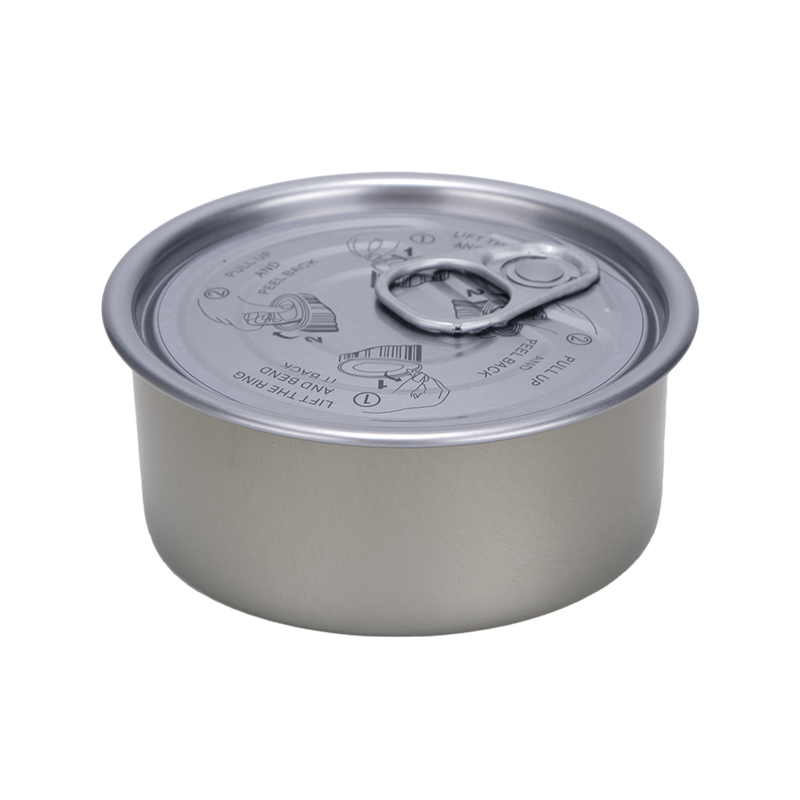Email: [email protected]
Temperature control is crucial for the proper storage of food cans to ensure their safety, quality, and longevity. Here are the specific temperature requirements and guidelines for storing food cans:
The ideal storage temperature for food cans is typically between 50°F and 70°F (10°C to 21°C). This range helps maintain the quality and safety of the canned food.Temperatures above 80°F (27°C) can accelerate the degradation of food quality, potentially leading to changes in taste, texture, and nutritional value. Prolonged exposure to high temperatures may also compromise the can’s seal, leading to spoilage.
Food cans should not be stored at temperatures below 32°F (0°C) because freezing can cause the contents to expand. This expansion can damage the can’s structure, leading to potential leaks or breaches in the seal, which can result in food spoilage and contamination.
Store cans in an environment with minimal temperature fluctuations. Frequent changes in temperature can cause condensation inside the can, leading to rust and corrosion. Maintaining a consistent temperature helps preserve the integrity of both the can and its contents.
Do not store cans near heat sources such as radiators, stoves, or direct sunlight. Heat can accelerate the breakdown of food inside the can and compromise the can’s seal, potentially leading to spoilage.Ensure that the storage area is well-ventilated to prevent localized heat buildup, which can affect the cans.
Regularly monitor the storage area’s temperature using thermometers to ensure it remains within the recommended range. In commercial settings, temperature-controlled environments such as climate-controlled warehouses or storage rooms are often used.In professional or large-scale operations, maintain records of temperature readings to track and ensure compliance with storage guidelines.
For long-term or emergency food storage, ensure that the storage conditions remain stable and controlled. This often involves using temperature-controlled storage facilities or dedicated storage units designed to maintain consistent temperatures.
If transporting canned goods, ensure that the transport conditions adhere to temperature guidelines to prevent exposure to extremes of heat or cold. Use insulated or temperature-controlled transport methods when necessary.
Adhere to any specific temperature requirements or guidelines provided by food manufacturers or regulatory agencies. Compliance with these guidelines helps ensure food safety and quality.
Store food cans between 50°F and 70°F (10°C to 21°C) for optimal quality and safety.Do not store cans at temperatures below 32°F (0°C) to prevent damage from freezing.Keep temperature changes to a minimum to avoid condensation and rust. Store cans away from heat sources and direct sunlight.Regularly check and record storage temperatures to ensure compliance with guidelines.
Proper temperature control is essential for preserving the quality and safety of canned foods. By following these guidelines, you can help ensure that food remains safe to eat and maintains its intended taste, texture, and nutritional value.

Related recommendations